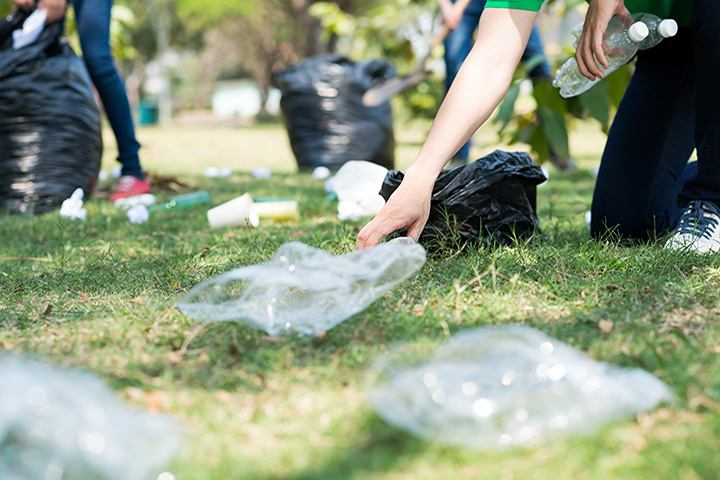In the Diocese of Phoenix, Catholic school students learn service by sustained practice. At St. Mary's High School volunteer service is not a requirement—because service is already a natural part of their lives.


In the Diocese of Phoenix, Catholic school students learn service by sustained practice. At St. Mary’s High School volunteer service is not a requirement—because service is already a natural part of their lives.
At schools like St. John Bosco, “. . . it is ingrained in our mission statement as followers of Jesus. We believe we were put here on earth to use our gifts by serving others,” says 1st-grade teacher Jena Gump, according to The Catholic Sun. There is explicit religious reasoning for service—as you would expect in a religious school.
From preschool through 12th grade, students learn the importance of giving back and thinking beyond themselves.
The school encourages children to donate a can a week to the local St. Vincent de Paul Society food pantry. And when Hurricane Harvey hit Texas and the Gulf coast region last summer, the school collected 16 moving boxes full of donations.
How does this affect the character that students form in their years of schooling? That is the question that animated the School Cultures and Student Formation research project at the Institute for Advanced Studies in Culture. The project investigated religious schools—Catholic, evangelical, Jewish, and Islamic—as well as non-religious independent schools, home schools, charter schools, and public schools. The findings appear in The Content of Their Character, edited by James Davison Hunter and Ryan S. Olson. They write of the Catholic schools studied that, “in keeping with Catholic tradition, service to one’s community, and especially service to the disadvantaged, featured prominently in school life.” Not surprisingly, “the most religiously orthodox school communities looked to the authority of God, whether mediated through scriptures, traditions, or broader communities of faith.”
The presence of an authoritative tradition and a supportive social environment made the formative environments of religious schools—like the diocese of Phoenix—unique. “I think the service and the leadership opportunities are what makes Catholic education different,” says Jena Gump.
When “giving back is a part of daily life” as Phoenix Catholic Schools seek, it is no wonder that schools like St. Mary’s don’t have to require service. They can’t imagine not doing it.
Building an integrated, sustained culture of service is a long, slow work. It takes at least a dozen years, but it’s worth the effort. Getting Smart offers “21 Tips for Connecting Learners to Their Community” for school leaders looking for a way to get started.